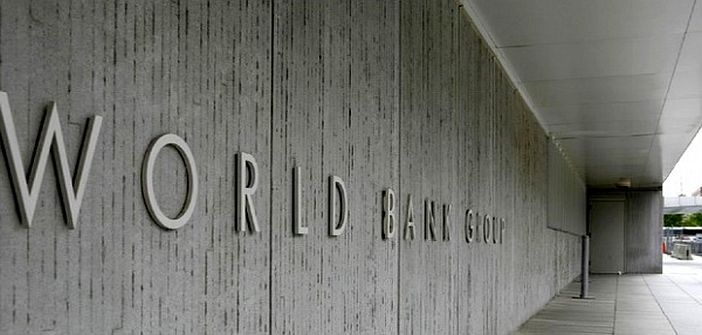Global economic growth in 2017 will be particularly subject to political risk, most economists agree.
This uncertainty, fueled by the imminent arrival of Donald Trump at the White House or the rise of nationalism in Europe, does not prevent the World Bank from forecasting an acceleration of global activity this year.
For the Washington-based institution, the global GDP is expected to grow by 2.7% in 2017 compared to 2.3% in 2016.
The World Bank’s forecasts are traditionally about half a point lower than those of the International Monetary Fund (IMF), which are expected next week, as the former takes market exchange rates into account, while the latter weights national GDPs based on purchasing power parity.
Compared to its previous estimates from June, the World Bank is slightly more pessimistic, as it reduced growth by 0.1% in both 2016 and 2017. The essential point remains that it still anticipates a significant improvement this year. The momentum will come from emerging countries (3.4%, compared to 1.8% for developed economies).
This favorable turnaround is, of course, related, for these hydrocarbon-producing countries, to the rise in oil and commodity prices over the last twelve months.
Among emerging economies, the largest, China, will continue its slowdown. The World Bank is forecasting a growth of 6.5% this year, after 6.7% in 2016, in line with the official goals of President Xi Jinping.
A few months before the 19th Congress of the Chinese Communist Party, scheduled for the second half of the year, which is expected to solidify Xi Jinping’s power, the strongman of Beijing will do everything to avoid any economic missteps.
The World Bank has not developed a scenario regarding the policies Donald Trump might pursue. Without speculating on the tensions that the future American president could provoke with China or Mexico, it estimates that protectionism has already gained ground in 2016. And it is concerned about the observed slowdown in international trade, one of the drivers of growth.
To boost activity, particularly in emerging countries, the World Bank, consistent with its stance, urges states and businesses to invest more in infrastructure and training.


